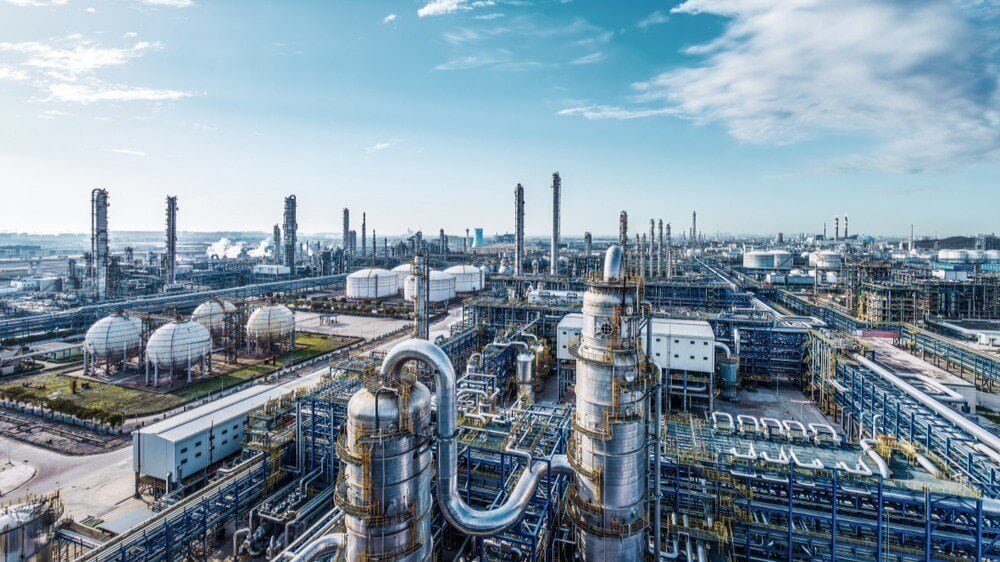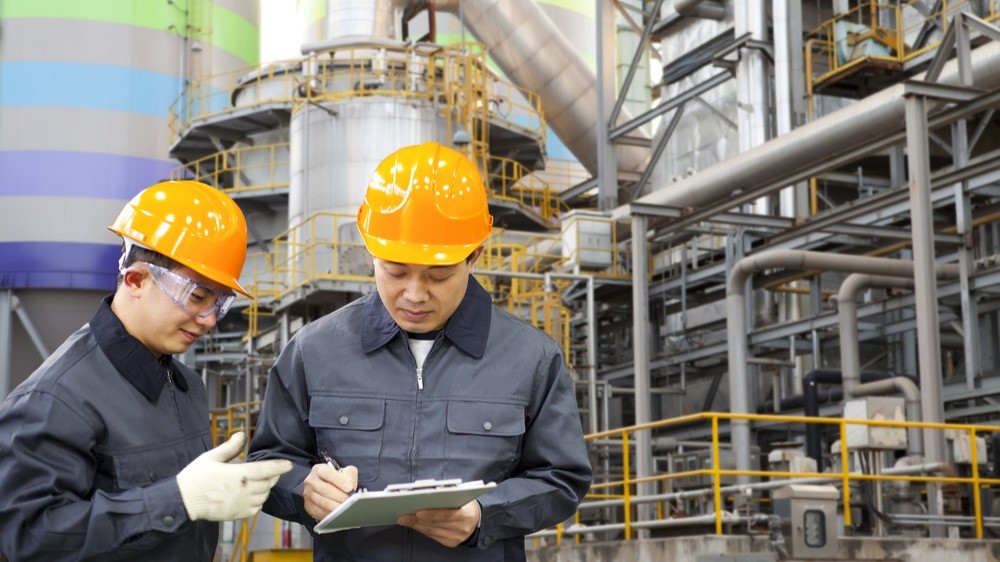Chemical Industry's Margin Erosion: A Wake-Up Call for Operational Efficiency Amid China's Oversupply

The global chemical industry is facing mounting challenges, with revenue declines and shrinking profit margins becoming increasingly common. One key driver of this downturn is China's aggressive expansion in chemical production, resulting in an oversupply of low-cost alternatives. This situation serves as a critical wake-up call for chemical industry executives to prioritize operational efficiency and initiatives aimed at improving EBITDA (Earnings Before Interest, Taxes, Depreciation, and Amortization) to remain competitive.
The Impact of China's Oversupply and Low-Cost Production
China has become a dominant force in the global chemical industry. In 2022, China accounted for 44% of global chemical production and 46% of global capital investment. This rapid growth has been driven by massive investments and a labor pool willing to work for lower wages, enabling Chinese chemical companies to produce and export chemicals at significantly lower costs.
The influx of low-cost chemical products from China has triggered a global oversupply, leading to a decrease in prices and putting pressure on profit margins for chemical companies worldwide. This oversupply has been particularly harmful to companies in high-cost regions such as Europe and North America, where labor and energy costs are significantly higher.
The Need for Operational Efficiency and EBITDA Improvement
In this volatile environment, chemical manufacturers must shift their focus from traditional growth strategies to enhancing operational efficiency and improving EBITDA. Many chemical companies still operate with outdated work management systems and suboptimal tools, resulting in inefficiencies that drain resources.
Research indicates that up to one-third of maintenance costs in the chemical industry are unnecessary or poorly executed. Tackling these inefficiencies offers significant opportunities for cost savings and margin improvement. Focusing on maintenance cost reduction, workforce efficiency, and operational process optimization can have an immediate positive impact on profitability.
Flashy Digital Projects Prioritization without Accountability of EBITDA Impact under 6 months
Avoiding the Allure of Flashy Digital Projects
While digital transformation is essential, many chemical companies have been sidetracked by flashy technologies that promise innovation but fail to deliver tangible returns. Investments in technologies like Digital Twins, DataOps Platforms, Augmented Reality (AR/VR), and AI-Powered Connected Worker Platforms often lack clear links to EBITDA improvement.
Consulting firms such as McKinsey and Bain & Company emphasize the importance of aligning digital initiatives with specific operational goals. For example, digital manufacturing transformation projects that focus on work management process improvements have been shown to reduce maintenance costs by 15-30% and increase overall productivity by 10%. Chemical companies should prioritize digital investments that deliver measurable efficiency gains and cost reductions, directly impacting EBITDA.
Real World Impact: $8M - $12M in Annualized Savings
A case in point is a $24 billion chemical company that implemented Innovapptive’s solutions at one of its plants. The results were striking:
- Maintenance contractors were reduced from 130 to 93.
- Overtime decreased from 24% to 10%.
- Spare parts accuracy improved, leading to optimized working capital.
These improvements highlight the tangible benefits of targeted digital initiatives in maintenance management and operational excellence, demonstrating significant EBITDA growth.
Setting Clear Goals for Maintenance Spend Reduction
Up to one-third of maintenance spending in the chemical industry is wasteful. Companies should set ambitious goals to reduce maintenance costs by at least 10%. Achieving this requires a comprehensive approach:
- Process optimization: Streamlining maintenance workflows to eliminate inefficiencies.
- Technology integration: Implementing digital tools to enhance visibility and control over maintenance activities.
- Workforce empowerment: Providing frontline workers with the necessary tools and training to improve performance and productivity.
Conclusion: Achieving Sustainable Growth Through Operational Excellence
The ongoing challenges faced by the chemical industry, compounded by China’s oversupply and low-cost production, demand a strategic shift towards operational efficiency and EBITDA-focused initiatives. By addressing legacy inefficiencies and aligning digital transformation projects with tangible operational goals, chemical companies can enhance their competitiveness, drive cost reductions, and ensure long-term sustainable growth in an increasingly competitive global market.
Ready to transform your chemical manufacturing operations? Start driving cost savings and improving EBITDA today. Explore Innovapptive’s AI-driven solutions to boost operational efficiency and optimize your maintenance strategies for maximum profitability.
Originally posted by Sundeep Ravande, CEO & Co-Founder at Innovapptive Inc on LinkedIn

See It In Action
Schedule a personalized demo to see how our solutions can help your business thrive.
- 29-09-2025
Your Ultimate Guide to Connected Worker
In the rapidly evolving industrial landscape, maximizing plant efficiency and ensuring optimal...
- 20-08-2025
Building the future of Industrial Operations with Innovapptive and AWS
Most manufacturers have already gone digital. Yet business outcomes haven’t moved in step. Many...
- 22-04-2025
The $3.6B Unlock: Solving the Chemical Industry’s Labor Crisis and EBITDA Pressure in One Move
“Constraints don’t slow innovation—they force it.”


